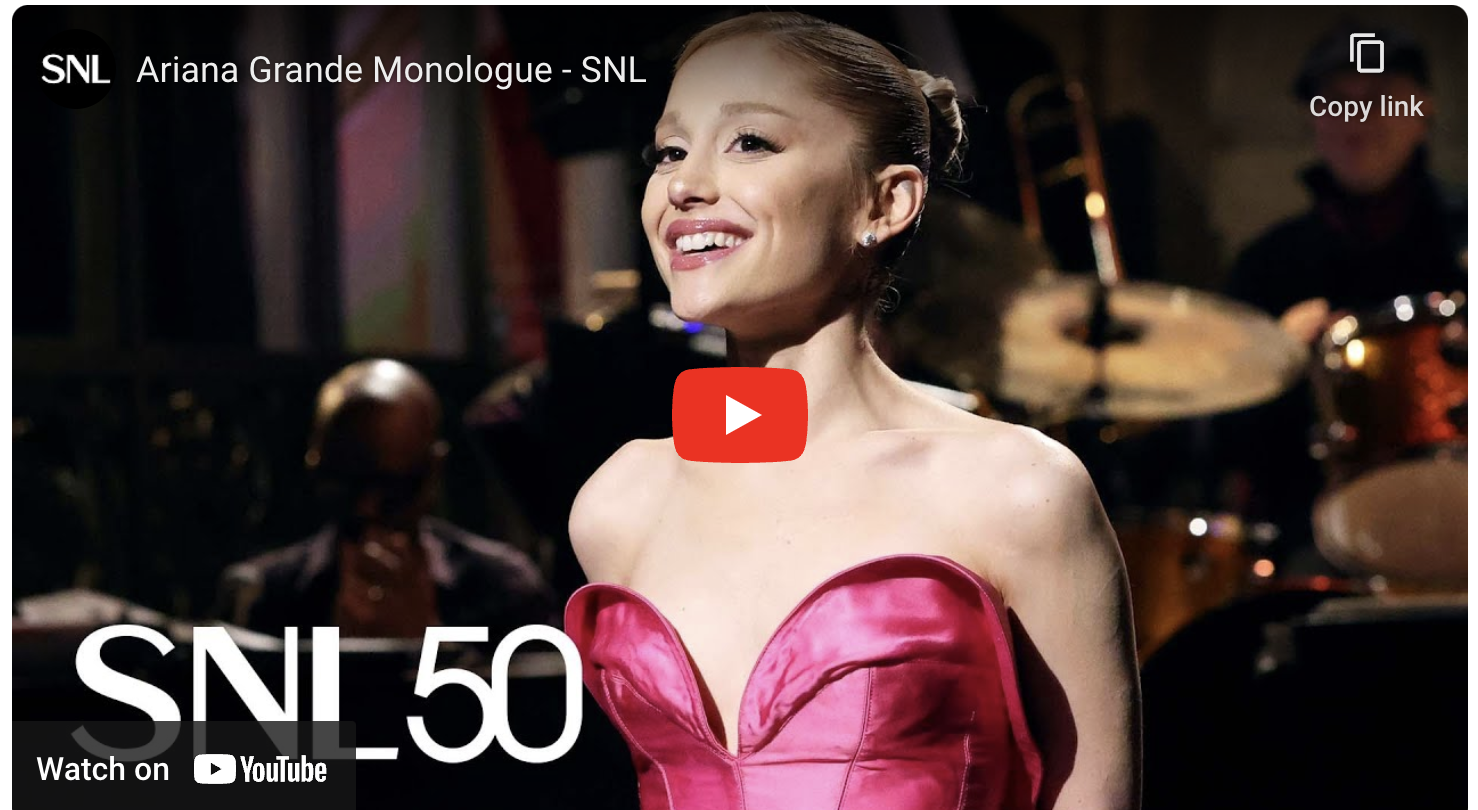Disinterest v. Uninterest
/More than just a quibble, it’s a reason we elevate the greedy and destroy the planet.
NOTE: I copied this from my Substack newsletter, ARISTOTLE’S GUIDE TO SOUL BENDING. Subscribe for free to receive posts on rhetoric, writing, and the power of words.
The perfect reputation contains a delightful mix of Craft, Cause, and Caring:
Problem-solving chops (see this post on Aristotle’s phronesis);
Righteous beliefs and behavior (arete or virtue in A-man’s book); and
Disinterest.
Since I’m our household IT guy, my wife thinks I have Craft aplenty—until she has to remind me to load the dishwasher. She also thinks I’m Cause-worthingly virtuous, thank the stars. (As a regular church goer, though, she wouldn’t be keen on having me thank stars.)
Now, as for Caring…
While most people easily grasp the first two traits of ethos, the word “disinterest” (Aristotle’s eunoia) stops them cold. That’s because we tend to confuse disinterest and uninterest.
Lest you think I’m getting all grammatical on your bored self, I genuinely believe that this confusion is ruining everything. It destroys the planet, undermines republics, rips off consumers, and even wrecks marriages.
I say all this with the purest disinterest.
First, the definitions. My favorite source for this sort of thing, other than the Oxford English Dictionary, is Bryan A. Garner. His Modern English Usage is a word paradise of authoritative, witty analysis. Disinterest, he writes, means “impartiality or freedom from bias or from chance of financial benefit.”
Uninterest, on the other hand, is “lack of concern or attention.”
Garner implies that using disinterest to convey apathy or inattention isn’t wrong, exactly. It’s just confusing. Suppose I say:
“When it comes to climate change, that candidate is entirely disinterested.”
Do I mean the candidate has divested himself from all carbon-industry stocks, or that he just doesn’t give a hoot?
Well, does it really matter that much? Marcus Tullius Cicero, the Roman Republic’s greatest leader, seemed to think so. The motto he used in evaluating legislation or pursuing a criminal investigation was…
Cui bono? Who benefits?
The Romans’ passion for disinterest—and their jealousy of any selfish leader—lay behind the white togas worn by political candidates. It symbolized their sparkling eunoia, the purity of their interest only in the People and the Republic. Candidus means “white” in Latin, which is why candidates and candy (made of white sugar) share the same candid root.
Candid, in fact, used to mean openminded: free from prejudice, disinterested. In the Federalist Papers, Alexander Hamilton, James Madison, and John Hay refer often to the “candid reader.” (Candid happens to be one of the five lost words I lamented in one of my first posts.)
Today the word means almost the opposite. When I’m candid with you, I’m telling my own personal frank truth; I’m not listening disinterestedly to your ideas.
This change in our language, from unbiased and unprejudiced to inattentive and solipsistic, reveals how much of our culture has turned upside down. Teachers once occupied the pinnacle of respect. Now this selfless profession is grossly underpaid, insulted, and openly attacked.
Share this post with teachers. It might cheer them up.
When the President of the United States launched a crypto meme coin, $TRUMP, several days after taking office, most Americans shrugged, uninterested. Trump himself? Deeply interested.
Meanwhile, the federal Civil Service is threatened with destruction. While an argument can be made that this vast bureaucracy could use trimming and reform, few people remember its original purpose. Congress established the Civil Service in the nineteenth century to replace the corrupt spoils system in which every new administration would fire office holders and insert their own pals, toadies, and donors. The literal trigger for the legislation was the assassination of President James Garfield by a disappointed office seeker.
In other words, the purpose of the Civil Service was to swap interest with disinterest.
Our current failure to condemn interest even lies behind humanity’s greatest existential threat. We burn more and more carbon in the happy pursuit of our own fossil-enabled lifestyles, along with our patriotic belief in the right of every billionaire to make more money in the even happier pursuit of self.
He’s rich, so we love him.
If you remain uninterested in all this (and somehow kept reading, bless your apathetic heart), the failure to understand the power of disinterest is disappointing adolescents across the land. When a high school junior tries to convince her reluctant parents to let her apply to colleges out of state, her best argument should be based on what the parents desire and fear. Instead, the girl whines about how much she really really wants to go to Bigcity U. Meanwhile, the parents themselves fail to realize that their overprotective attitude may itself constitute a form of selfishness.
Personally, I always felt loved by my parents; but I was only one of four kids—a typical household back in the Fifties. I felt loved but somewhat replaceable. If God forbid something happened to me, I knew they would grieve, but they could always make more. I felt from them…not uninterest, not at all. Instead, I basked in the liberating glow of disinterest. While my engineer father couldn’t understand my nerdy love of books, it never occurred to him to push me toward a practical profession. His disinterest—his freedom from bias toward my future—gave me freedom in return.
Which leads, candid reader, to the moral: By restoring the distinction between disinterest and uninterest, we just may liberate us all.






